Hypotonia
Hypotonia is the medical term for low muscle tone or muscle weakness.
Hypotonia may be detected shortly after birth or as a child gets older. It can be a condition on its own (infantile axial hypotonia) or, more commonly, it can be a symptom of an underlying condition such as cerebral palsy and others listed below.
Causes
Hypotonia can be caused by a variety of conditions, including genetic disorders and muscle disorders. Some common causes can include but are not limited to:
- Cerebral palsy
- Down syndrome
- Muscular dystrophy
- Myotonic dystrophy
- Marfan syndrome
- Prader-Willi syndrome
- Tay-Sachs disease
Specific treatments and services may vary by location. Please contact a specific location for more information.
Symptoms
Below are common symptoms of hypotonia, though symptoms vary depending on each individual child.
- Muscles feel soft and floppy
- Feeling limp or like a ‘rag doll’ when being held
- Ability to extend joint beyond its normal limit
- Inability to meet developmental milestones (such as holding head up without support, rolling over, sitting up without falling over)
- Problems with feeding
- Shallow breathing or difficulty with speech
- Mouth hangs open with tongue protruding (under-active gag reflex)
Diagnosing Hypotonia
An accurate diagnosis is important in order to provide the most effective care for children experiencing hypotonia. This is especially important because hypotonia can indicate that another disorder is occurring (such as cerebral palsy). Our physicians may ask the family if the condition has been worsening or if it has been consistent and stable. They may also ask about family history, their pregnancy and delivery, and whether any problems have occurred since birth.
Treatment
Treatment is individualized to help improve functions such as daily activities, mobility and speech. In these cases, treatment may involve physical therapy, occupational therapy, and speech therapy. In some cases your doctor will recommend bracing or supportive equipment. On some occasions children benefit from surgery.
We absolutely love Shriners Children's. From the front greeters to the therapists, everyone makes you feel so welcome and comfortable to ask any questions.

Physical Therapy
Innovative Treatments
View All Related Treatments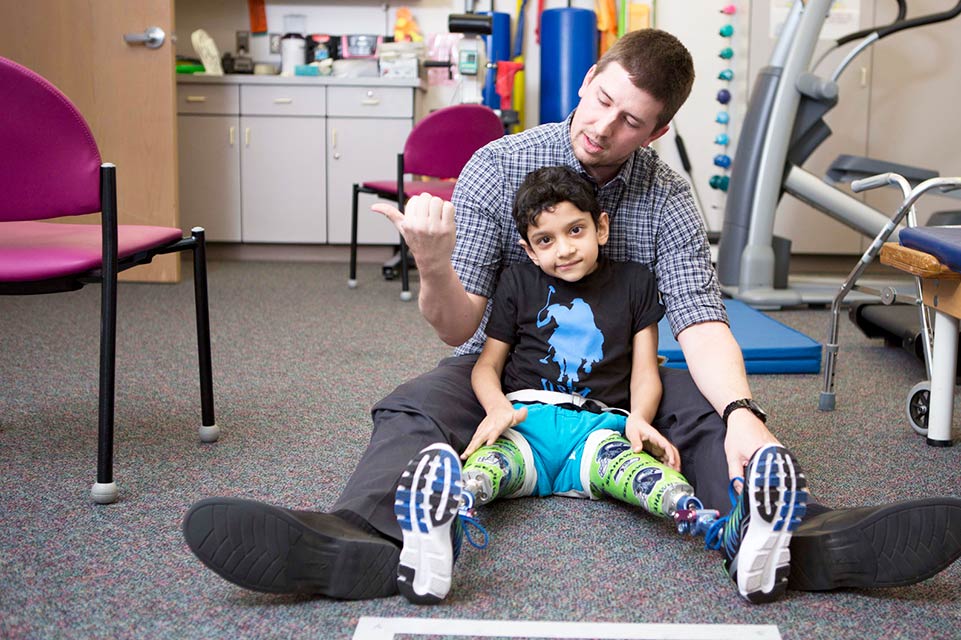
Occupational Therapy
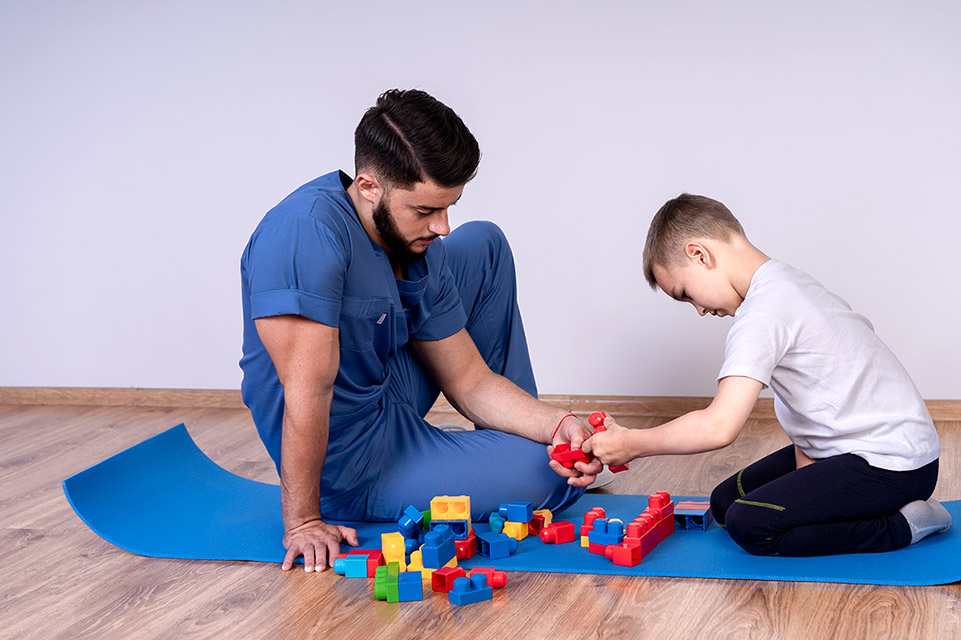
Speech Therapy
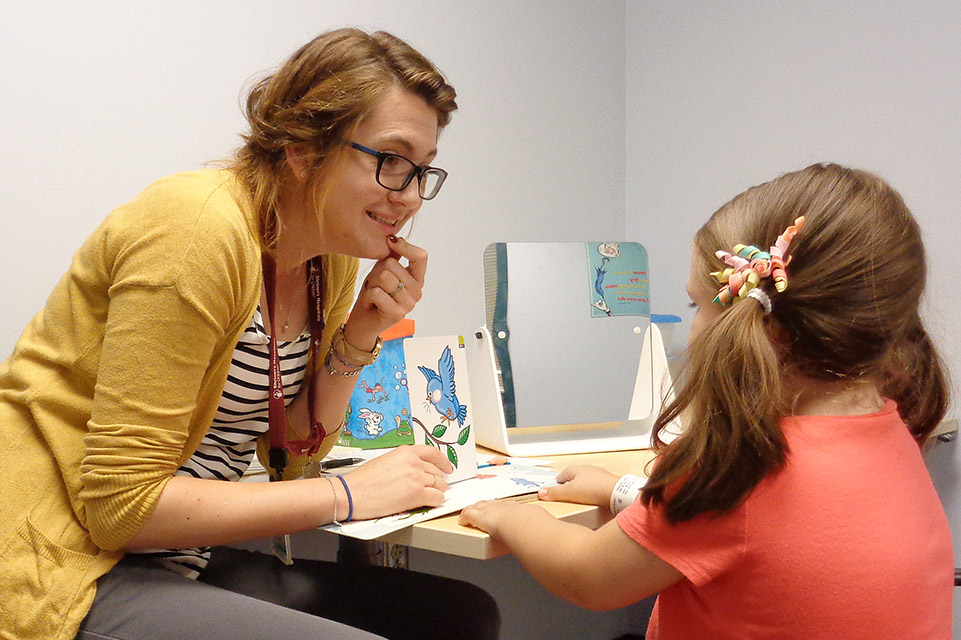
Orthopedic Surgery
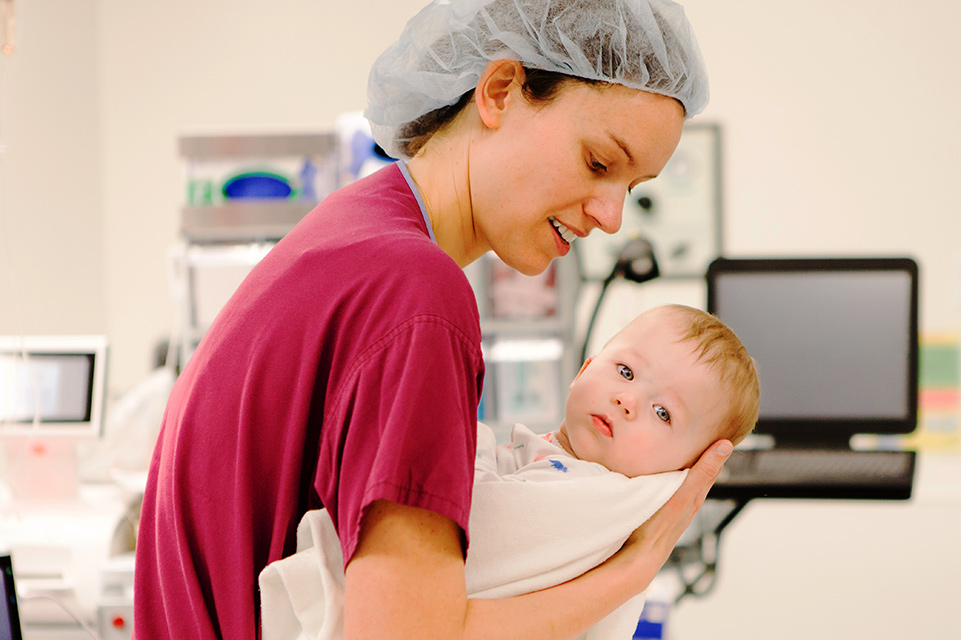
Bracing
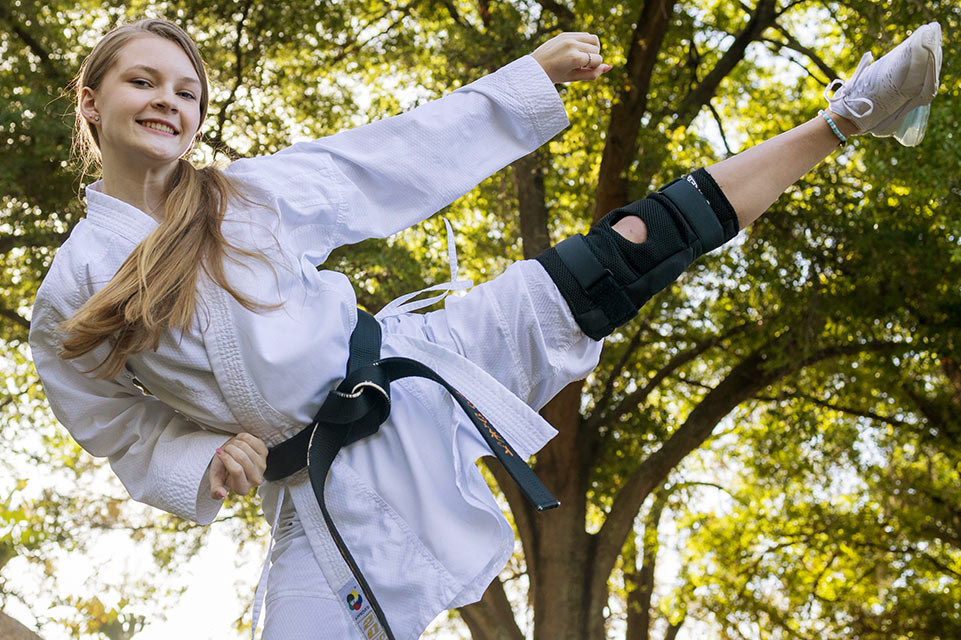
Related Conditions
- Cerebral Palsy
- Congenital Neuromuscular Disorders
- Spasticity
- Muscle Weakness

